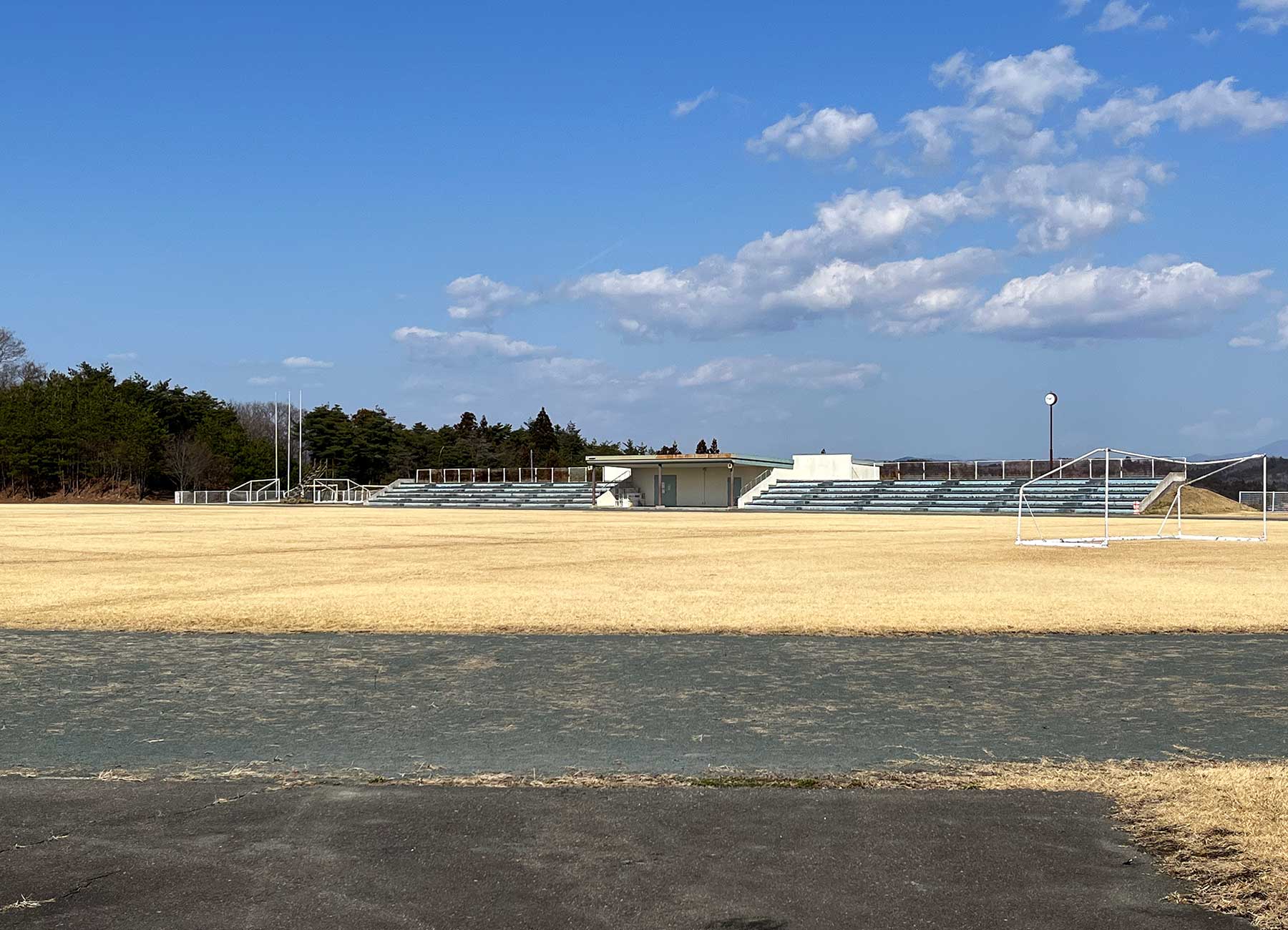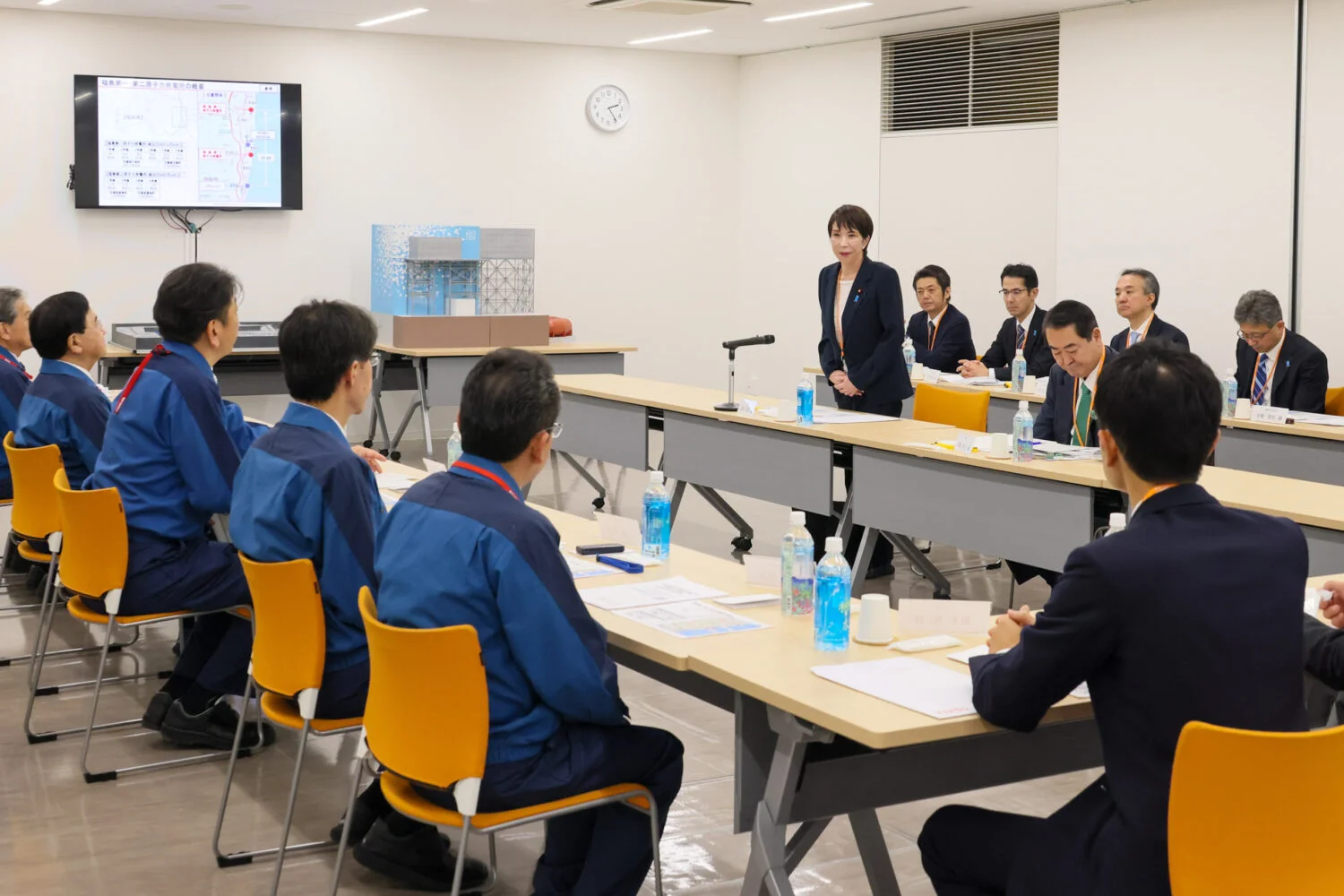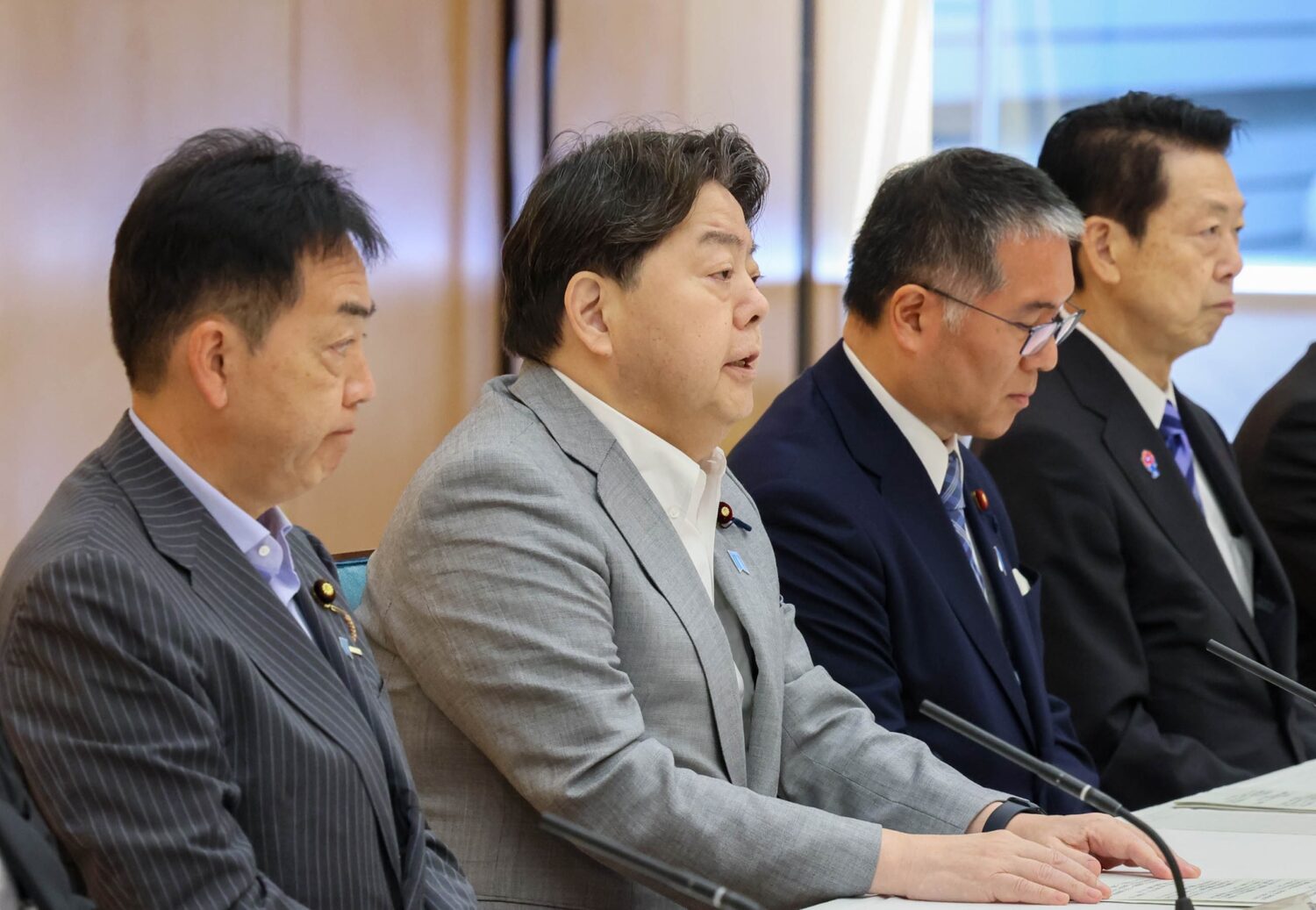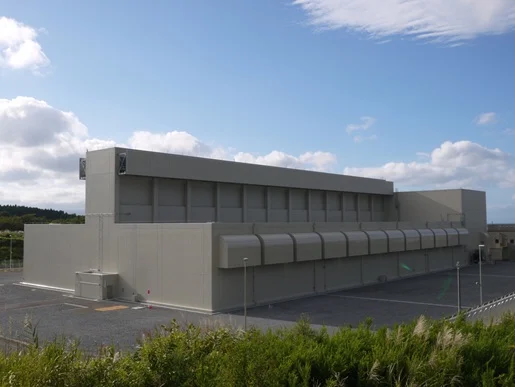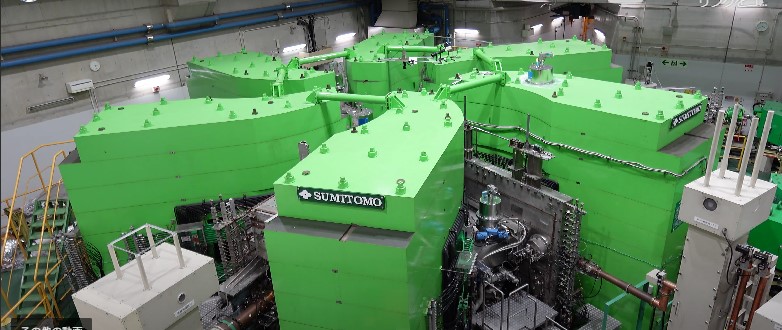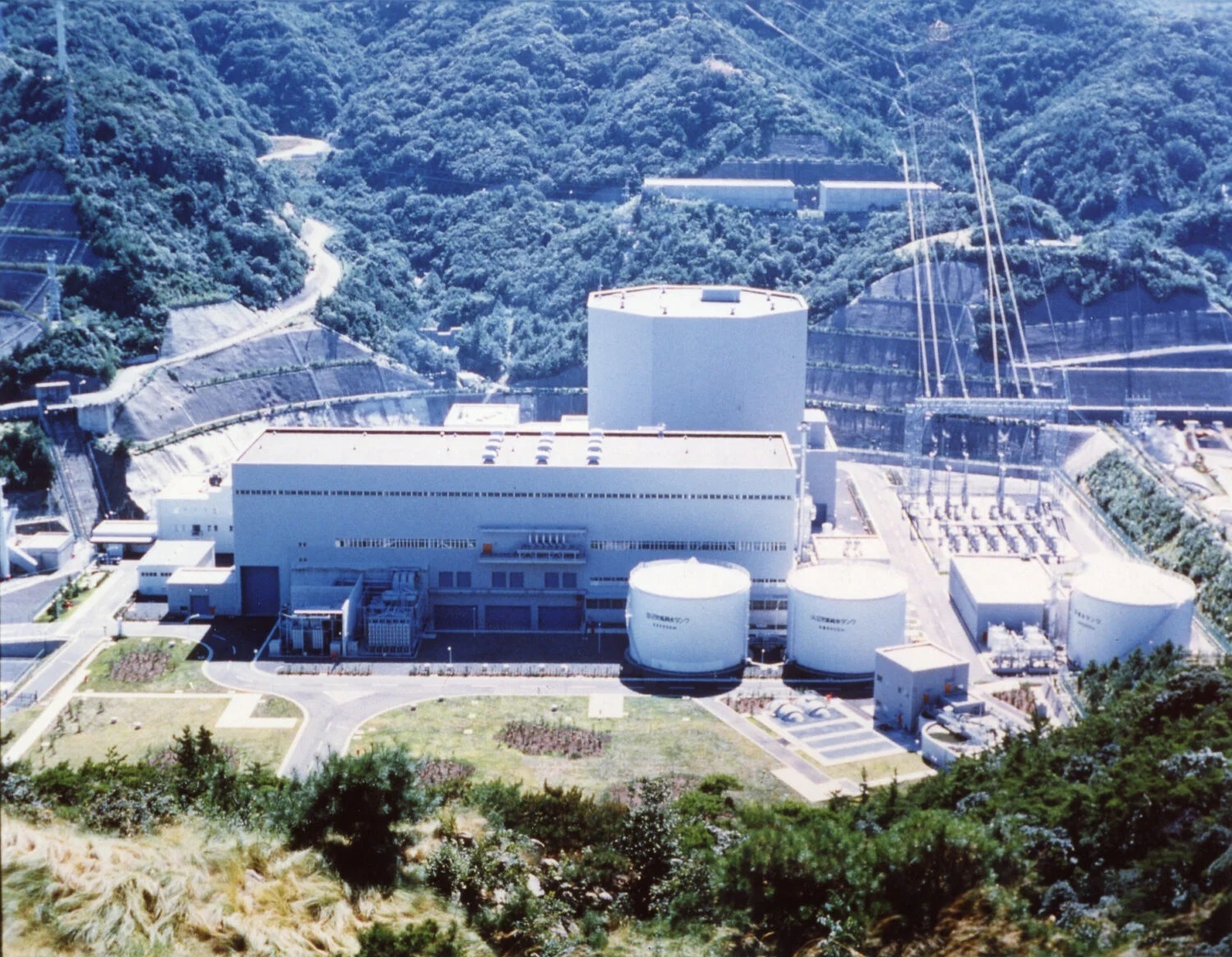The two officials, in accordance with Japan’s requests, agreed to move forward with review missions toward the decommissioning of the Fukushima Daiichi and on the safety of ALPS (Advanced Liquid Processing System) in the treatment of water through the removal of radioactive contaminants.
So far, Japan has accepted four review missions by IAEA’s specialists on the decommissioning at Fukushima Daiichi in general, treating them as international peer reviews of the progress of efforts by the government and the Tokyo Electric Power Co. (TEPCO), under the “mid-to-long-term roadmap” toward decommissioning.
The last mission, which visited Japan in November 2018, provided important acknowledgments of progress in 17 areas, and offered 21 advisory points.
At the meeting in Vienna this time, it was confirmed that the fifth IAEA mission would come to Japan in the week of August 23. METI Minister Kajiyama requested rigor and transparency in the reviews.
Regarding the safety of ALPS-treated water, the parties agreed that IAEA senior officials would visit Japan in September for a kickoff meeting for the first IAEA review mission on the safety of the water. That review will focus on the safety of ALPS treated water based on IAEA safety standards, and will include assessments of radiological impacts in the protection of people and the environment.
In a video conference—held in April—concerning the treated water at the Fukushima Daiichi, Minister Kajiyama had asked IAEA Director General Grossi for cooperation in three areas: (1) the dispatch of review missions, (2) support for environmental monitoring, and (3) the assurance of transparency toward the international community. Based on that, the Japanese government signed a terms of reference (TOR) agreement with the IAEA in July regarding the latter organization’s support for the handling of ALPS treated water.
At the recent meeting in Vienna Minister Kajiyama also suggested new activities regarding human-resource development in the nuclear field and the dissemination of accurate information in association with the sustainable use of nuclear energy, toward the realization of carbon neutrality.
As part of capacity-building projects implemented by the IAEA for its member nations, Japan proposed the use of the Fukushima Daiichi as a place for professional education, grounded in lessons learned from the accident.
Japan also expressed its support for the Marie Sklodowska-Curie Fellowship Programme (MSCFP), established by the IAEA to help women graduate students pursuing careers in nuclear science and technology. The MSCFP, to which Japan has donated €500,000, was initiated by Director General Grossi on International Women’s Day on March 9, 2020, in honor of the achievements of Dr. Marie Curie.


